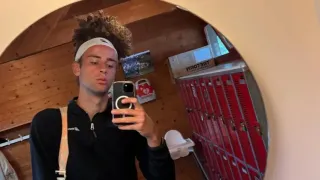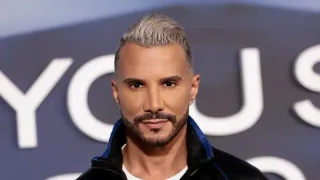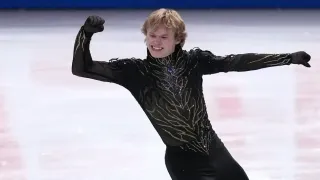
Sep 3
The 'Superman' Sequel, 'Man of Tomorrow,' Will Arrive Summer 2027
Maria Sherman READ TIME: 2 MIN.
NEW YORK (AP) — Up, up and away! A “Superman” sequel is in the works.
Writer-director James Gunn, who now presides over DC Studios with producer Peter Safran, shared on Instagram Wednesday that a new film, called “Man of Tomorrow,” will arrive in theaters July 9, 2027.
His post included an image of Superman and Lex Luthor standing together, with Luthor in a purple-and-green power suit with his fists clenched. The 2015 artwork, drawn by Chief Creative Officer of DC Comics Jim Lee, shows Superman holding a screwdriver, smiling and leaning on Luthor.
“Superman" was released in July and took a unique approach to the mainstream superhero — though it differed from the idiosyncratic, misfit approach of Gunn's other superhero films like “Suicide Squad” and “Guardians of the Galaxy.” While still irreverent, Gunn's “Superman" is an immigrant story. His Man of Steel, portrayed by the charming David Corenswet, avoided cliches.
Corenswet and his Luther, the English actor Nicholas Hoult, also shared the news on Instagram with similar images; Corenswet's drawn by DC Comics’ artist Jorge Jiménez and Hoult's by Mitch Gerads.
“Superman” was also a commercial success. After eight weeks in theaters, “Superman” has earned approximately $352 million at the domestic box office, according to ComScore. It opened with $122 million in U.S. and Canada ticket sales in its first weekend, according to studio estimates. And it became the first DC title to surpass $100 million in its opening weekend since “Wonder Woman” in 2017.
“Superman” is Gunn and Safran's first release since they were handed the keys to DC’s superhero cinematic universe.






